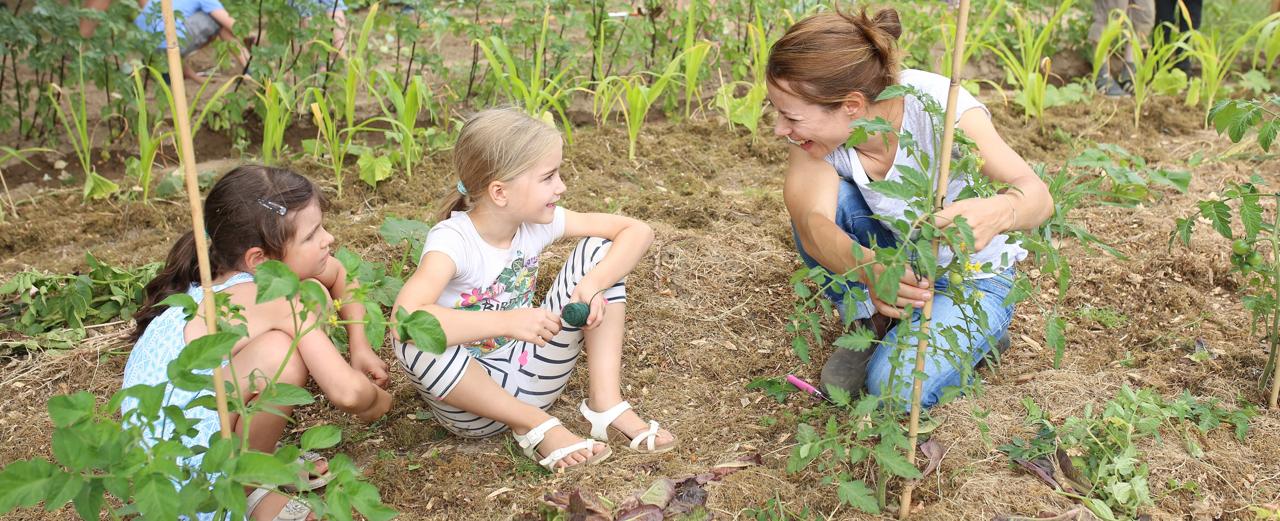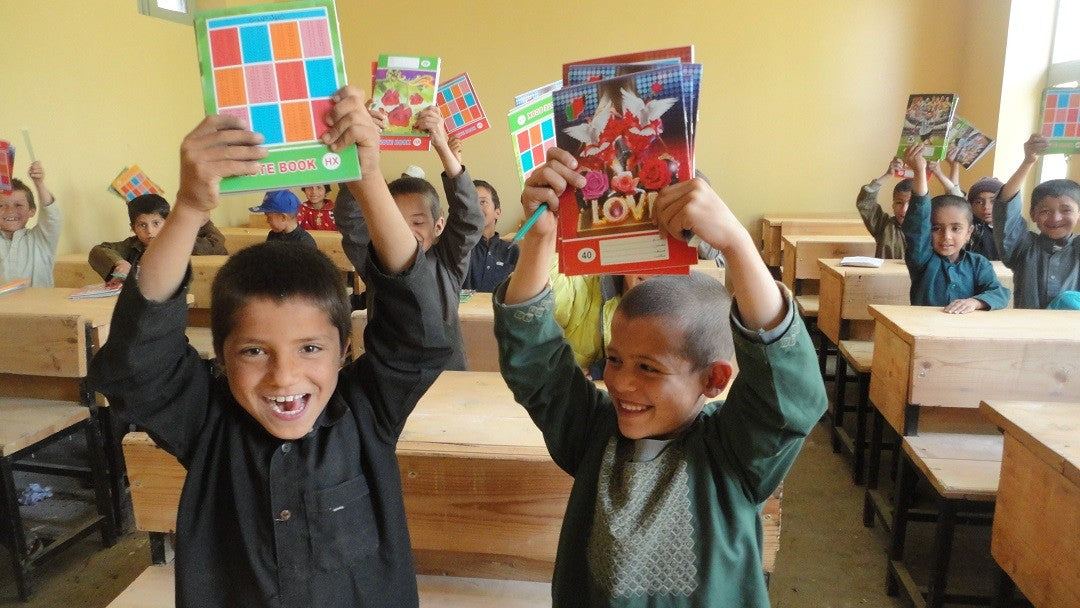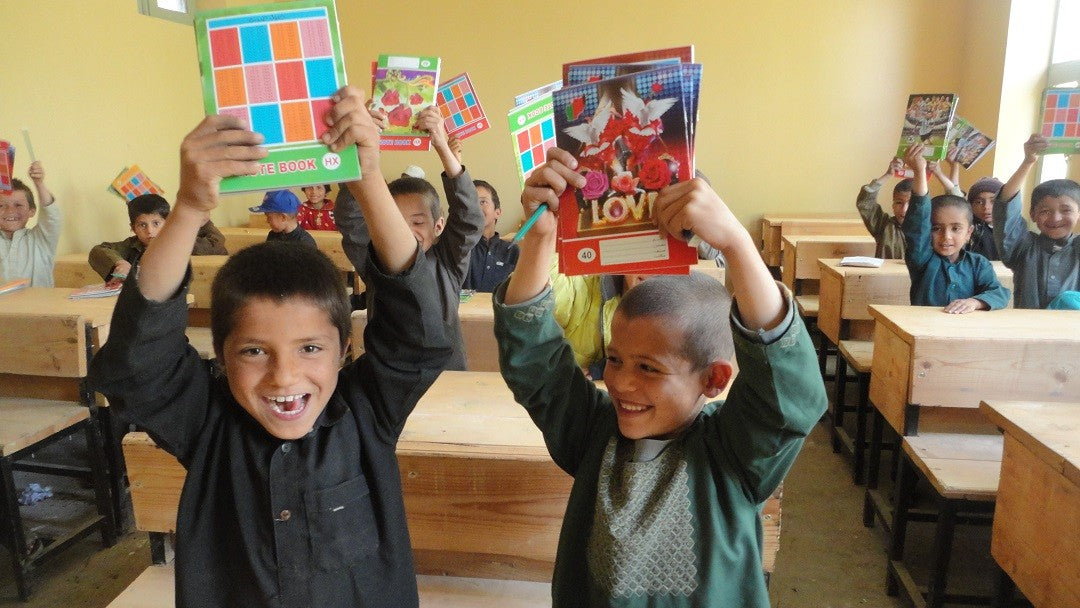Day 21
A school lesson on the vegetable field for a child in Germany
 Farming creates knowledge!
Farming creates knowledge!


Nutrition education for schools and daycare centers in Germany

need
Creating spaces for experiencing nature and promoting knowledge and skills on the topics of nutrition, food and consumption for children in Germany.
activity
With the GemüseAckerdemie, children grow their own vegetables on the daycare or school field and understand the ecological connections of food production.
Measurable performance
Number of hours worked in the fields and number of children who benefit from the Vegetable Farm Academy.
Result
The children gain important knowledge about growing and preparing food. Their appreciation for food grows.
Systemically relevant impact
The children contribute to a society that consumes and produces sustainably and eats healthier.
background


The good deed
AboutGermany
Berlin
Capital city

83,132,800
Population
$46,946
Gross domestic product
per capita per year

Rank 4 of 189
Human Development Index
(Human Development Index)





